Your Creeping phlox care images are available in this site. Creeping phlox care are a topic that is being searched for and liked by netizens now. You can Find and Download the Creeping phlox care files here. Get all royalty-free images.
If you’re searching for creeping phlox care pictures information related to the creeping phlox care keyword, you have visit the ideal site. Our website always provides you with suggestions for downloading the highest quality video and image content, please kindly surf and locate more informative video content and graphics that fit your interests.
Creeping Phlox Care. To remove your creeping phlox plant from the container it was growing in first squeeze the sides of the container to loosen the root ball. Caring for container grown phlox. Cultivars of creeping or alpine phlox, such as phlox subulata, are low growing and flower in early summer. Phlox likes consistent moisture in the soil, so water it twice weekly during its first year, and weekly during dry spells thereafter.
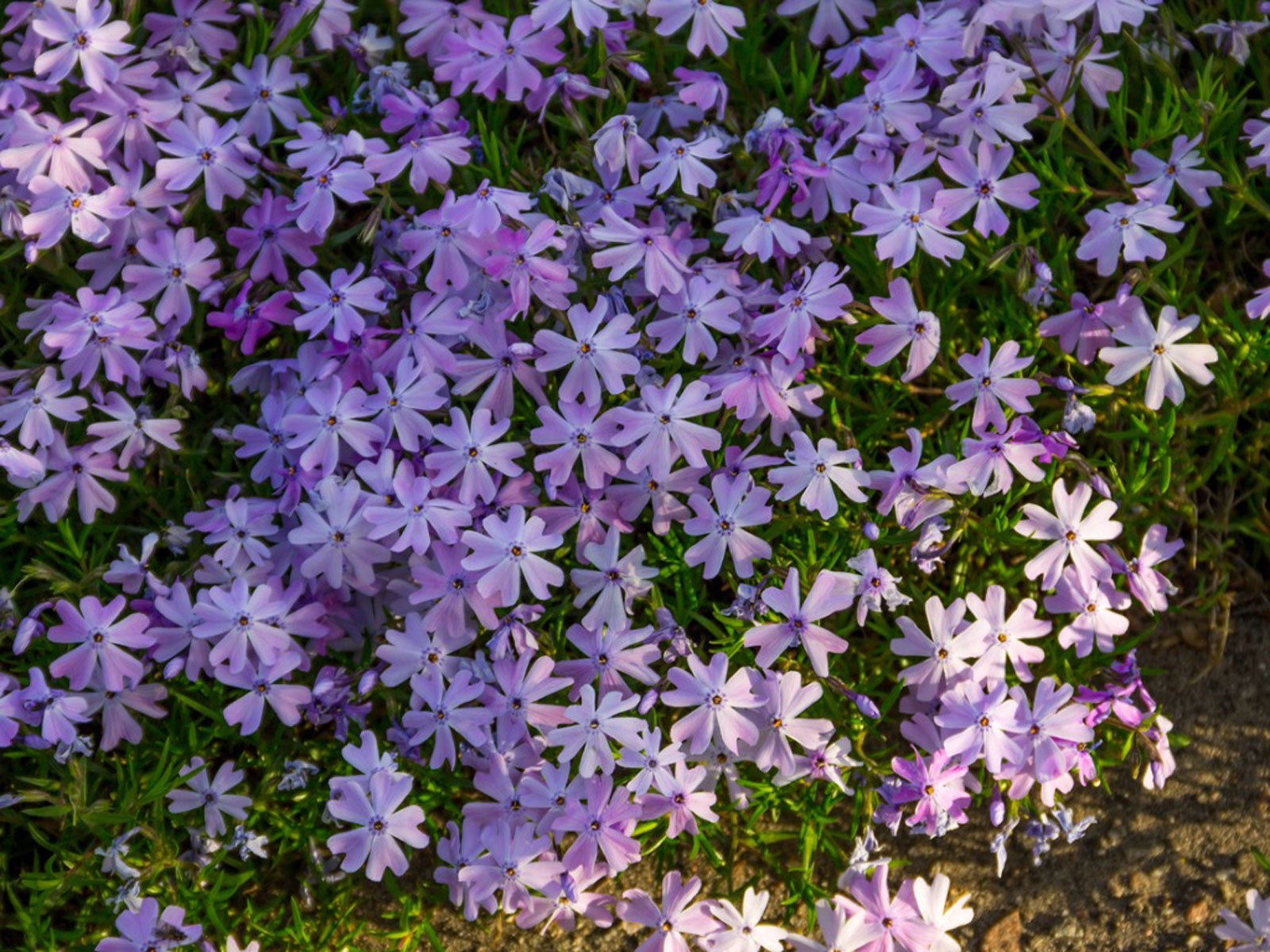 About Creeping Phlox How To Plant And Care For Creeping From gardeningknowhow.com
About Creeping Phlox How To Plant And Care For Creeping From gardeningknowhow.com
These dense and compact plants can be grown in rock gardens or fields in most of the country. It is also incredibly beneficial for the plants to use a compost of some sort along with your soil for extra nutrients to you garden. The delicate foliage remains under six inches tall but froths over in spring with fragrant flowers. Phlox likes consistent moisture in the soil, so water it twice weekly during its first year, and weekly during dry spells thereafter. Creeping phlox roots so well that it doesn’t even require rooting hormone, although this product will help speed along the process if you’re keen to ensure success. Plant phlox in the spring—after the threat of frost has passed—and space the plants 1 to 2 feet apart.
Hummingbirds and butterflies love phlox, as do hungry deer and rabbits.
Creeping phlox roots so well that it doesn’t even require rooting hormone, although this product will help speed along the process if you’re keen to ensure success. Thereafter, water regularly but allow the soil to dry slightly between each watering. Plant phlox in the spring—after the threat of frost has passed—and space the plants 1 to 2 feet apart. Phlox likes consistent moisture in the soil, so water it twice weekly during its first year, and weekly during dry spells thereafter. Don’t plant creeping phlox close to each other because overcrowding can damage the flower. Most border phlox grow best in full sun, but as they are native to woodland edges they will also do well in partial shade.
 Source: mygardenlife.com
Source: mygardenlife.com
Care of creeping phlox may also include cutting the plant back in late winter to allow for rejuvenation and to produce young, more compact stems. It also does well as edging plants or planted on slopes or stone walls where it can grow and spill over the edges. New plants need a regular supply of moisture. Even established plants need to be watered in hot summer months. These perennials should be pruned back some time after they stop blooming, to help maintain the form you prefer, encourage lush growth and also to reduce the chances of pest problems.
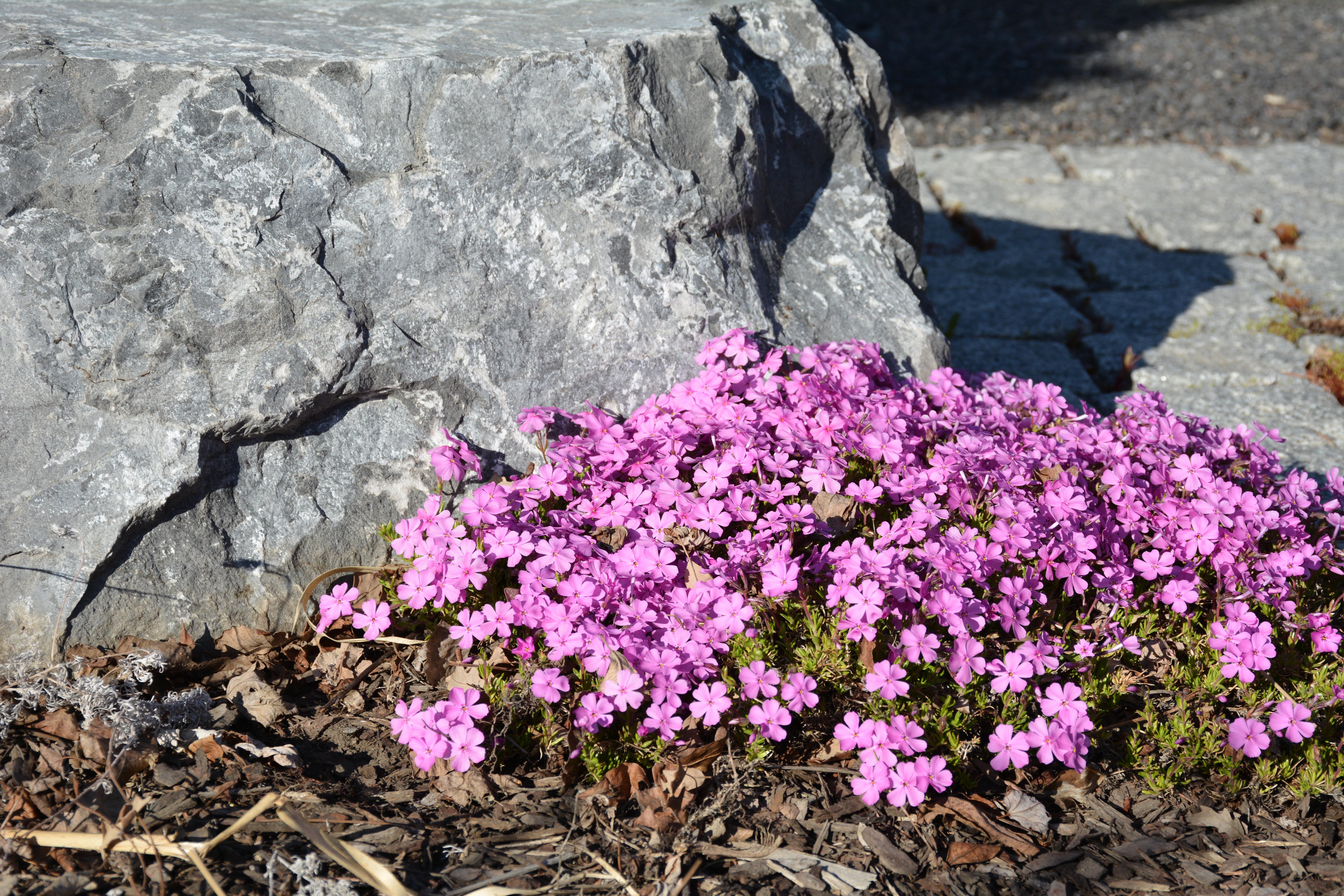 Source: kiwinurseries.com
Source: kiwinurseries.com
Cultivars of creeping or alpine phlox, such as phlox subulata, are low growing and flower in early summer. To encourage new growth and flowering, fertilizer should be applied in the spring. It is also incredibly beneficial for the plants to use a compost of some sort along with your soil for extra nutrients to you garden. Just place the cuttings in a potting mixture with good drainage, using perlite and/or coarse sand, and. It’s nice to have them next to each other, but you.
 Source: gardeningknowhow.com
Source: gardeningknowhow.com
These dense and compact plants can be grown in rock gardens or fields in most of the country. To remove your creeping phlox plant from the container it was growing in first squeeze the sides of the container to loosen the root ball. Caring for container grown phlox. The best soil to use in a container is a potting mix, since this product drains well. Even established plants need to be watered in hot summer months.
 Source: thespruce.com
Source: thespruce.com
It is easier to grow phlox from cuttings/transplants than from seeds. Then water them thoroughly and add a. Creeping phlox requires little extra care. If you’d like your plant to stay more compact, you can also cut it back in winter. Care of creeping phlox may also include cutting the plant back in late winter to allow for rejuvenation and to produce young, more compact stems.
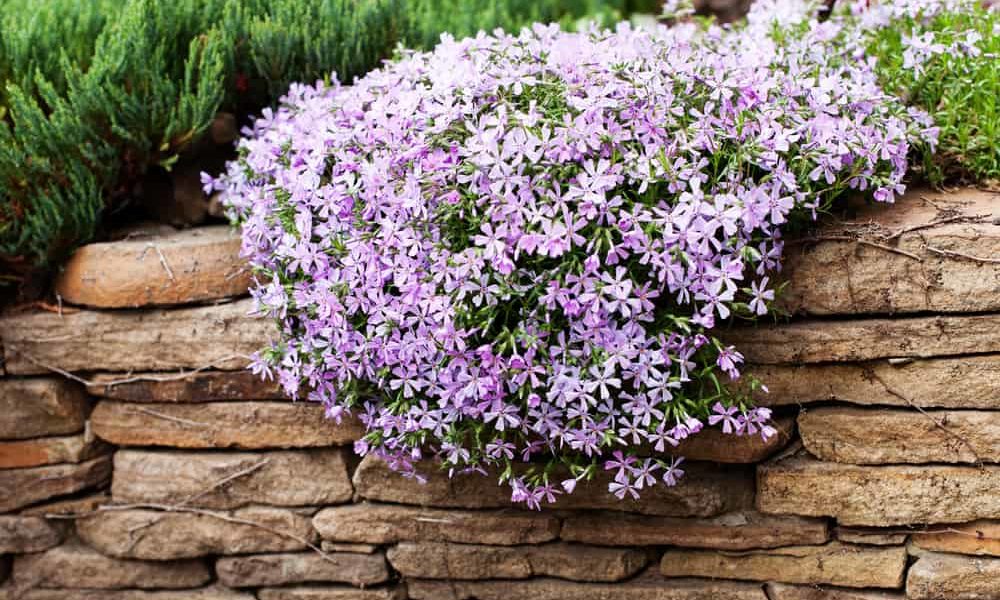 Source: thedailygardener.com
Source: thedailygardener.com
If you’d like your plant to stay more compact, you can also cut it back in winter. With the creeping phlox being quite a low maintenance plant with a moderate growth rate, it can be very easy to care for. Then water them thoroughly and add a. Use a garden fork or tiller to prepare your garden bed. Hummingbirds and butterflies love phlox, as do hungry deer and rabbits.
 Source: macappsworld.com
Source: macappsworld.com
Then try to gently remove the plant from its container. Phloxes are among the very beautiful flowers that decorate our gardens over the summer. Learn more about this perennial and how it can add beauty to stone walls, rock gardens, and walkways. To encourage new growth and flowering, fertilizer should be applied in the spring. Care of creeping phlox may also include cutting the plant back in late winter to allow for rejuvenation and to produce young, more compact stems.
 Source: pinterest.com
Source: pinterest.com
How to care for phlox. How to grow creeping phlox. It’s nice to have them next to each other, but you. With the creeping phlox being quite a low maintenance plant with a moderate growth rate, it can be very easy to care for. To encourage new growth and flowering, fertilizer should be applied in the spring.
 Source: thespruce.com
Source: thespruce.com
In a container, creeping phlox may rot in soggy soil. Be careful not to overwater creeping phlox, or the leaves can turn yellow. Use a garden fork or tiller to prepare your garden bed. Keeping your creeping phlox happy means you need to improve the air circulation. It is easier to grow phlox from cuttings/transplants than from seeds.
 Source: thespruce.com
Source: thespruce.com
Creeping phlox requires little extra care. The creeping phlox tends to do well in a multitude of different gardens, but to start it out, you will want to plant it in a balanced soil mixture that is moist, but can also be well drained. Native to eastern and central united states, this little plant is full of qualities, making it highly desirable in the landscape. Phlox subulata, most commonly called creeping phlox makes a stunning addition to any garden or yard. With the creeping phlox being quite a low maintenance plant with a moderate growth rate, it can be very easy to care for.
 Source: pinterest.com
Source: pinterest.com
It is easier to grow phlox from cuttings/transplants than from seeds. The creeping phlox tends to do well in a multitude of different gardens, but to start it out, you will want to plant it in a balanced soil mixture that is moist, but can also be well drained. To encourage new growth and flowering, fertilizer should be applied in the spring. Regarded as one of the most colorful of all ground covers, phlox subulata (creeping phlox) is a vigorous, herbaceous perennial that adds splashes of colors in spring. Caring for container grown phlox.
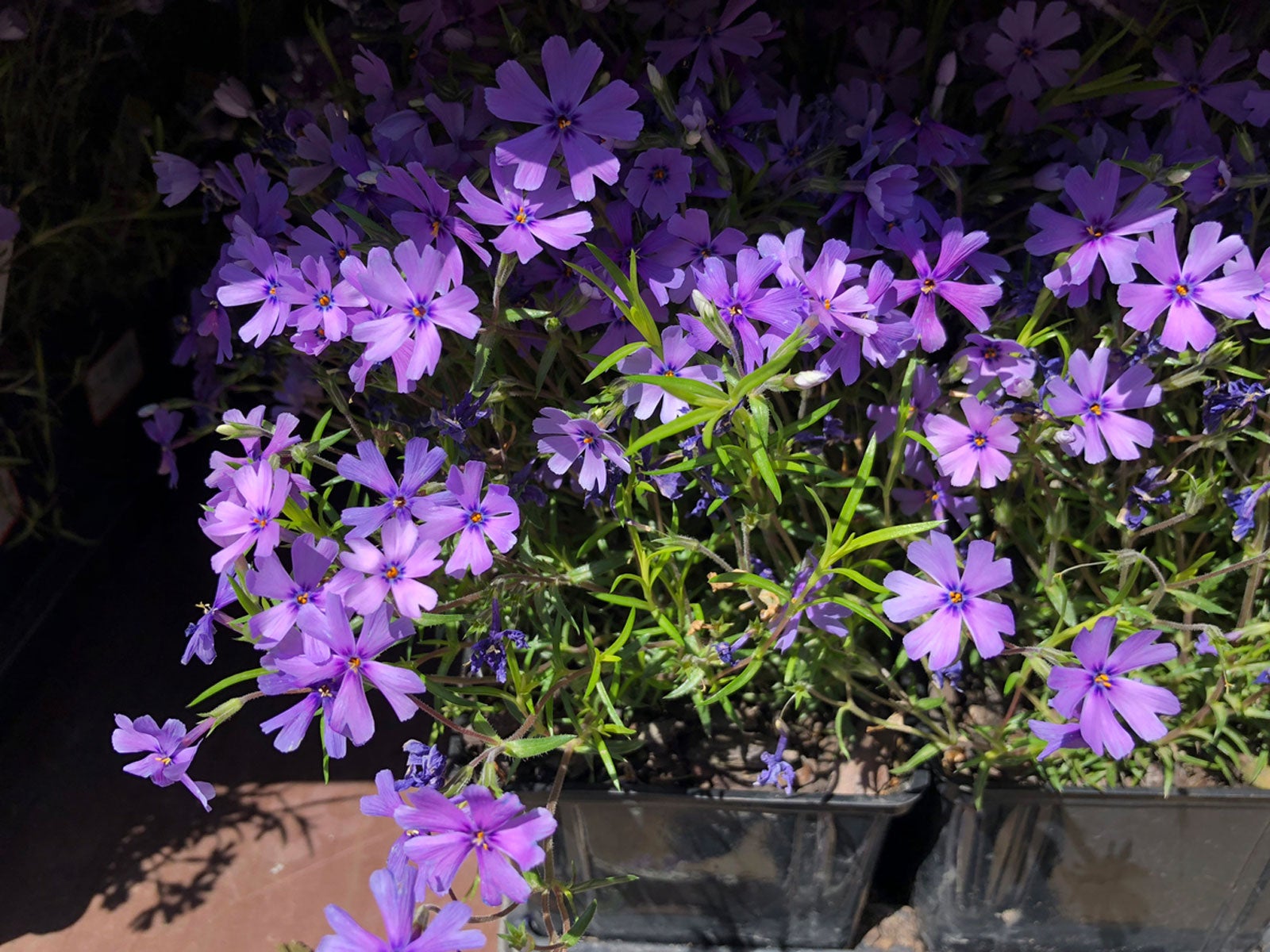 Source: gardeningknowhow.com
Source: gardeningknowhow.com
Caring for container grown phlox. Native to eastern and central united states, this little plant is full of qualities, making it highly desirable in the landscape. Don’t plant creeping phlox close to each other because overcrowding can damage the flower. Plant phlox in the spring after the danger of frost; That said, mature plants can tolerate some drought conditions.
 Source: kiwinurseries.com
Source: kiwinurseries.com
Creeping phlox roots so well that it doesn’t even require rooting hormone, although this product will help speed along the process if you’re keen to ensure success. Phlox likes consistent moisture in the soil, so water it twice weekly during its first year, and weekly during dry spells thereafter. Keeping your creeping phlox happy means you need to improve the air circulation. Watching for mites and other pests and dealing with these infestations as soon as they are spotted using an organic insecticidal soap is also important for the plant’s care. Water potted creeping phlox well immediately after planting.
 Source: amazon.com
Source: amazon.com
If you plan to grow garden phlox in a container, you will need to pot it properly to provide the plant with optimal growing conditions. Most border phlox grow best in full sun, but as they are native to woodland edges they will also do well in partial shade. The creeping phlox tends to do well in a multitude of different gardens, but to start it out, you will want to plant it in a balanced soil mixture that is moist, but can also be well drained. How to care for phlox. Learn more about this perennial and how it can add beauty to stone walls, rock gardens, and walkways.
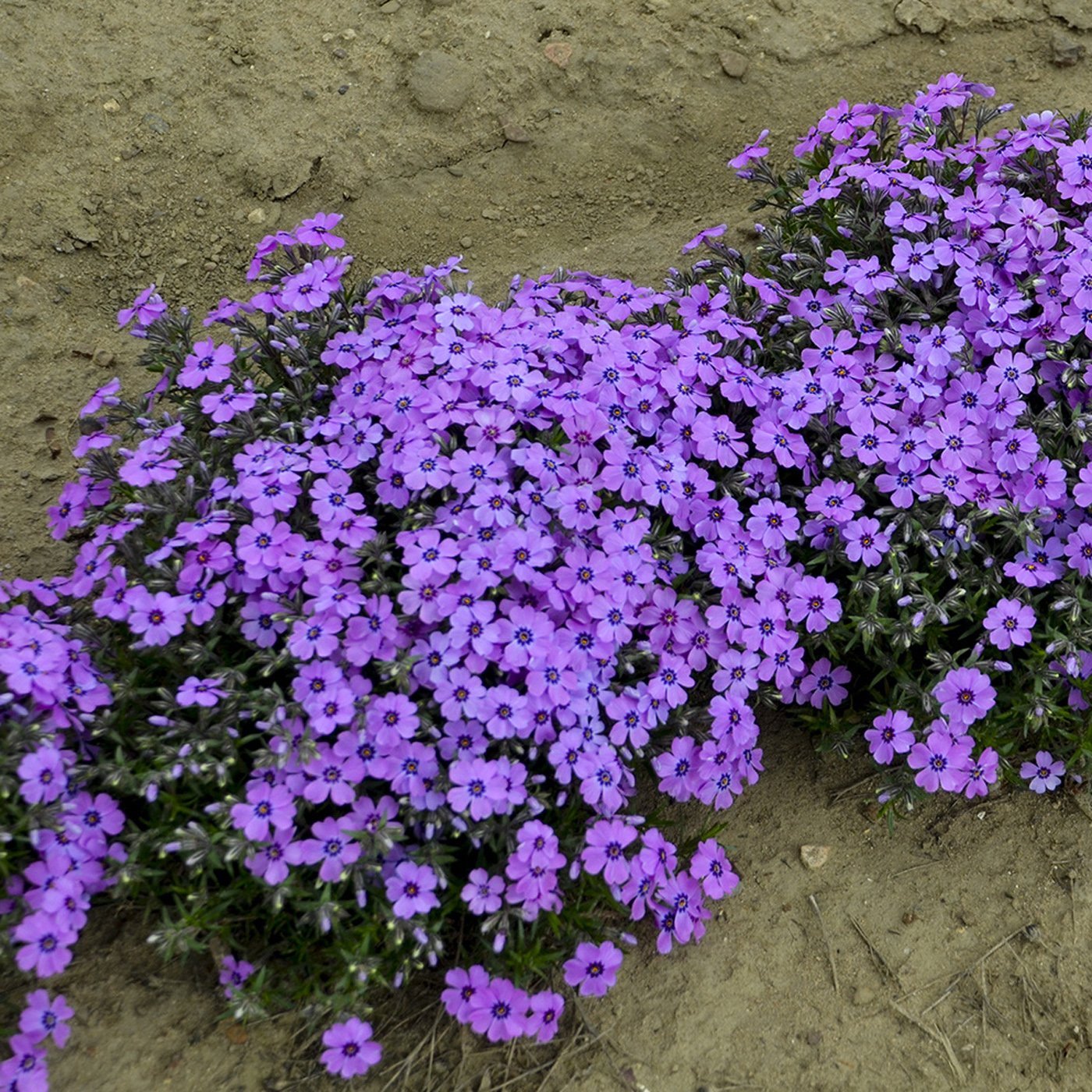 Source: siebenthaler.com
Source: siebenthaler.com
It also does well as edging plants or planted on slopes or stone walls where it can grow and spill over the edges. Here are 3 tips to properly shear your creeping phlox: To encourage new growth and flowering, fertilizer should be applied in the spring. To encourage new growth and flowering, fertilizer should be applied in the spring. It also does well as edging plants or planted on slopes or stone walls where it can grow and spill over the edges.
 Source: thespruce.com
Source: thespruce.com
To encourage new growth and flowering, fertilizer should be applied in the spring. Place them 18 to 24 inches apart. Creeping phlox can be planted in spring or fall. Watching for mites and other pests and dealing with these infestations as soon as they are spotted using an organic insecticidal soap is also important for the plant’s care. You want to make sure.
 Source: pinterest.com
Source: pinterest.com
Keeping your creeping phlox happy means you need to improve the air circulation. New plants need a regular supply of moisture. Then water them thoroughly and add a. Phlox subulata, most commonly called creeping phlox makes a stunning addition to any garden or yard. Don’t plant creeping phlox close to each other because overcrowding can damage the flower.
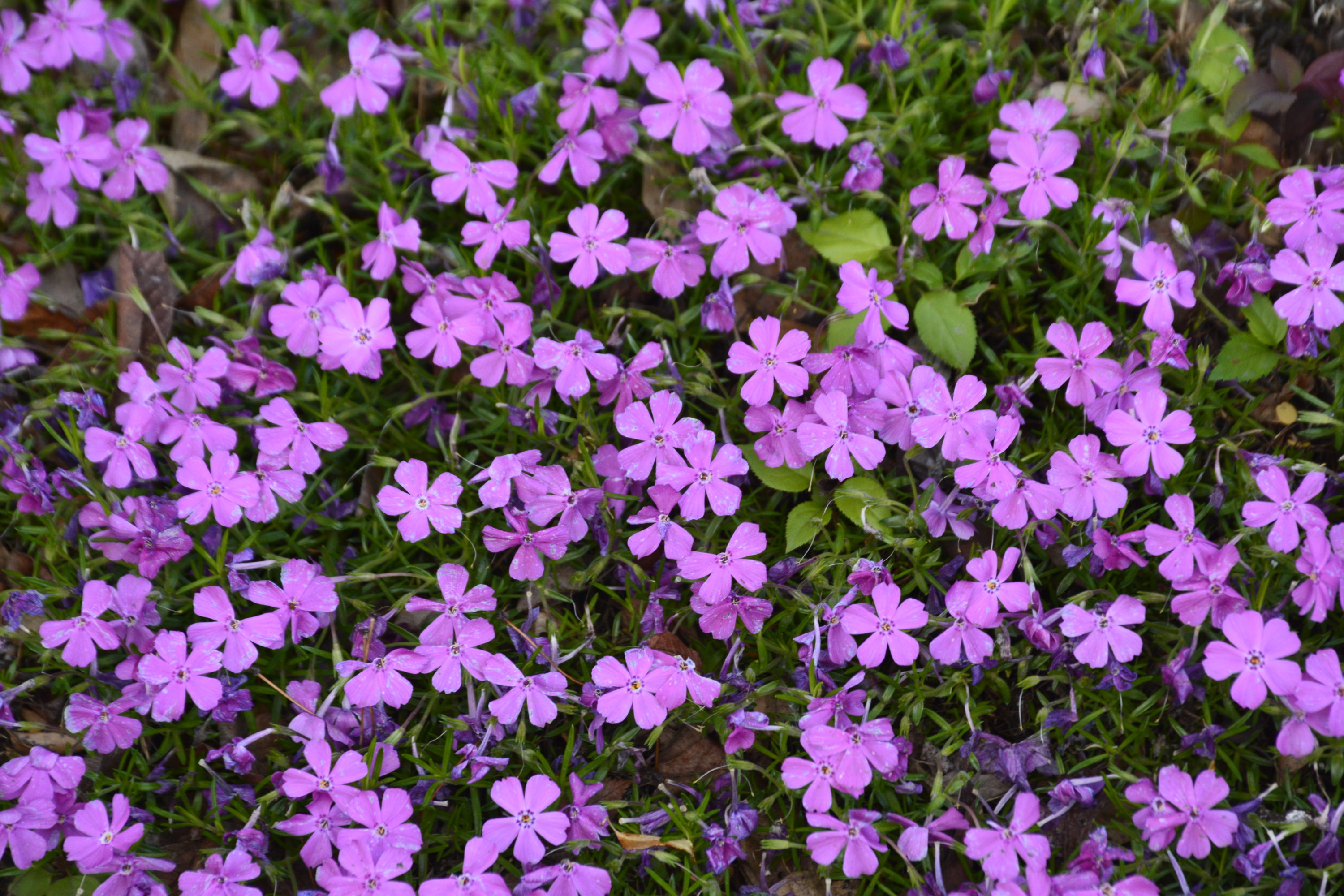 Source: kiwinurseries.com
Source: kiwinurseries.com
Regarded as one of the most colorful of all ground covers, phlox subulata (creeping phlox) is a vigorous, herbaceous perennial that adds splashes of colors in spring. It is easier to grow phlox from cuttings/transplants than from seeds. Native to eastern and central united states, this little plant is full of qualities, making it highly desirable in the landscape. Place them 18 to 24 inches apart. Care of creeping phlox may also include cutting the plant back in late winter to allow for rejuvenation and to produce young, more compact stems.
 Source: pinterest.com
Source: pinterest.com
That said, mature plants can tolerate some drought conditions. Use a garden fork or tiller to prepare your garden bed. To encourage new growth and flowering, fertilizer should be applied in the spring. If the root ball is stuck in the container use snips to cut the container away. It also does well as edging plants or planted on slopes or stone walls where it can grow and spill over the edges.
This site is an open community for users to share their favorite wallpapers on the internet, all images or pictures in this website are for personal wallpaper use only, it is stricly prohibited to use this wallpaper for commercial purposes, if you are the author and find this image is shared without your permission, please kindly raise a DMCA report to Us.
If you find this site convienient, please support us by sharing this posts to your favorite social media accounts like Facebook, Instagram and so on or you can also save this blog page with the title creeping phlox care by using Ctrl + D for devices a laptop with a Windows operating system or Command + D for laptops with an Apple operating system. If you use a smartphone, you can also use the drawer menu of the browser you are using. Whether it’s a Windows, Mac, iOS or Android operating system, you will still be able to bookmark this website.






